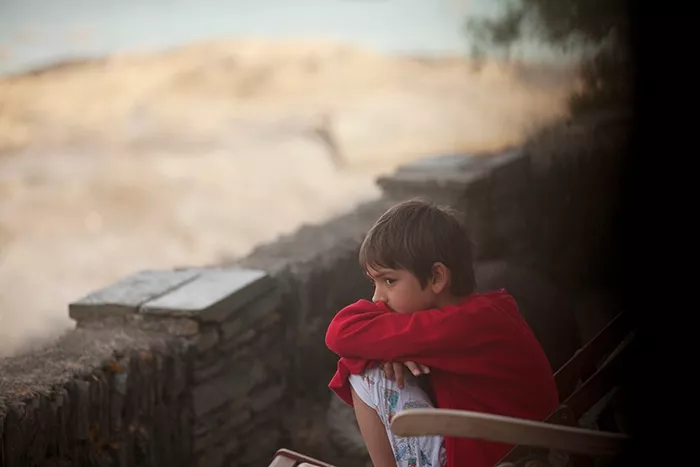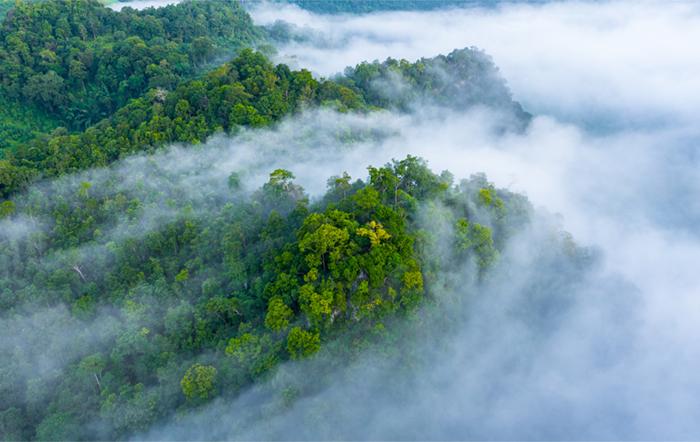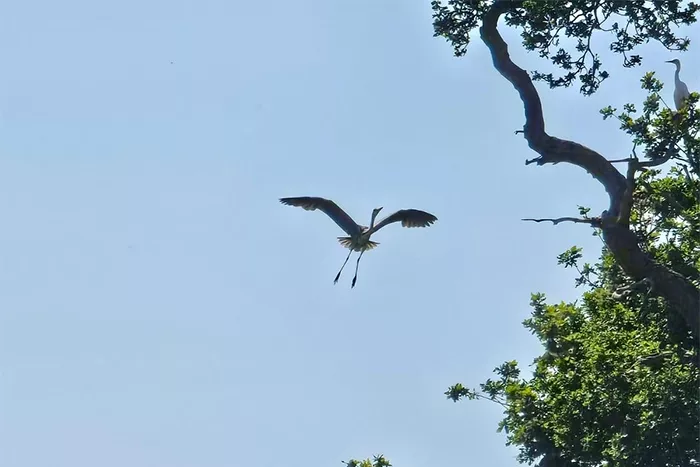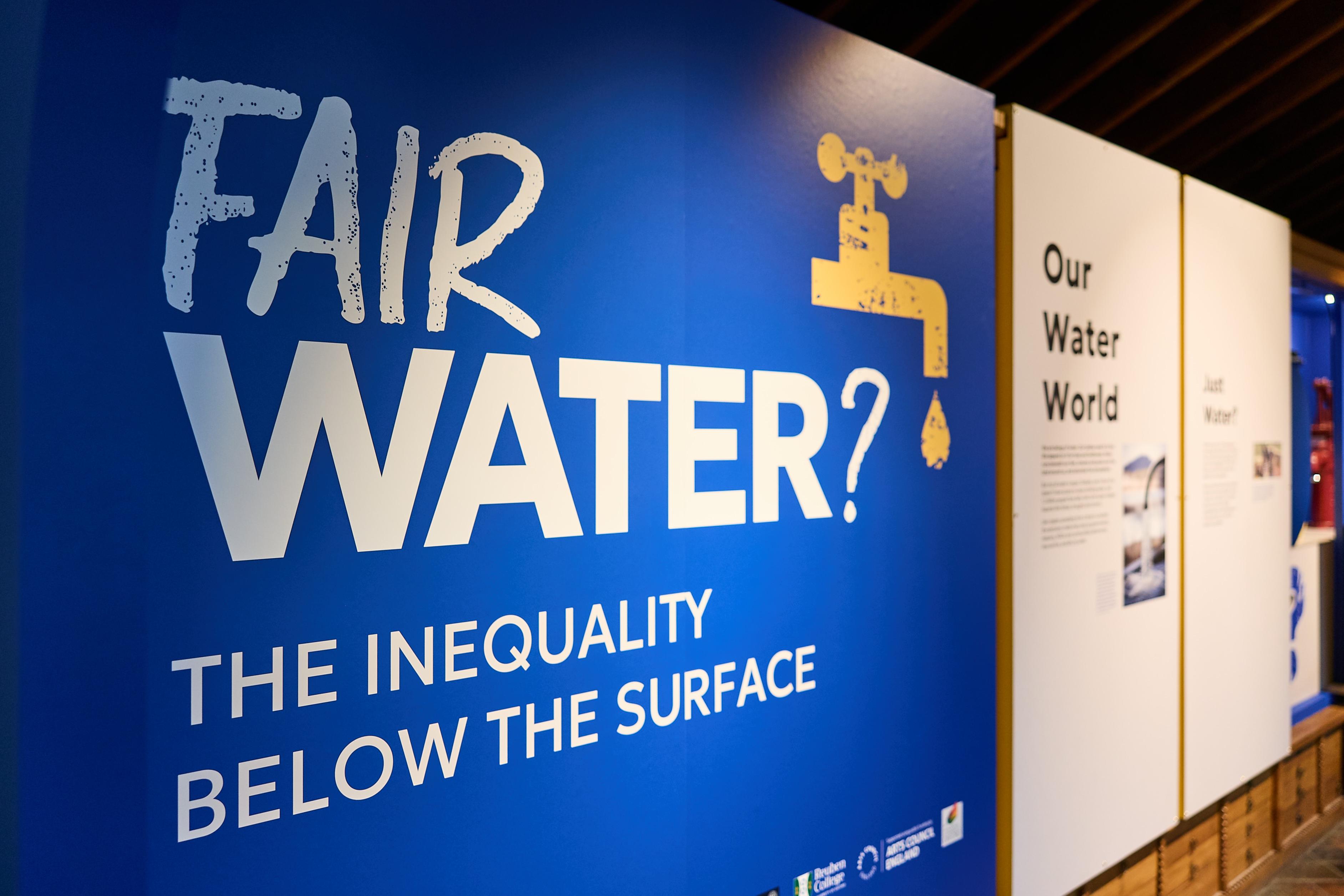The atmosphere’s growing thirst for water is making droughts more severe, even in places where rainfall has stayed the same. New research by Dr Solomon H. Gebrechorkos and Prof Simon Dadson et al in SoGE, published in Nature, finds that this “thirst” has made droughts 40% more severe across the globe.
News
Professor Louise Slater wins prestigious Philip Leverhulme Prize
Congratulations to Professor Louise Slater who has been awarded a Philip Leverhulme Prize, which recognises the achievement of outstanding research scholars whose future career is exceptionally promising, and whose work has made original and significant contributions to knowledge as well as shown sustained international impact.
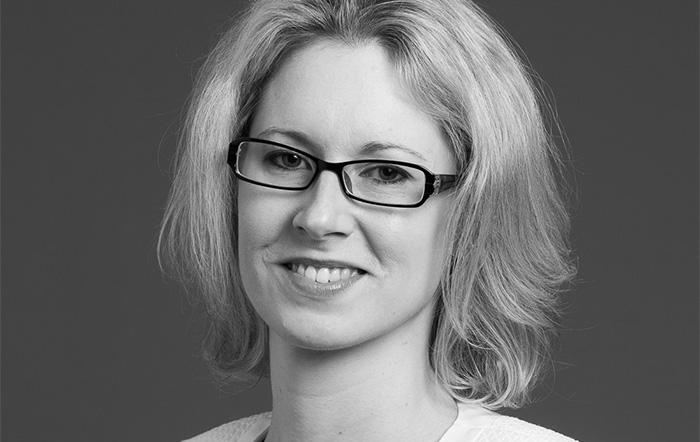
Major investment to boost Oxford’s heritage science capability
The University of Oxford is to play a leading role in a major £80m research and innovation investment to harness the latest technology to safeguard heritage for future generations. The funding, from the UKRI Arts & Humanities Research Council, will support a new nationwide Research Infrastructure for Conservation and Heritage Science (RICHeS) programme to be led by Professor Heather Viles, Professor of Biogeomorphology and Heritage Conservation in the School.
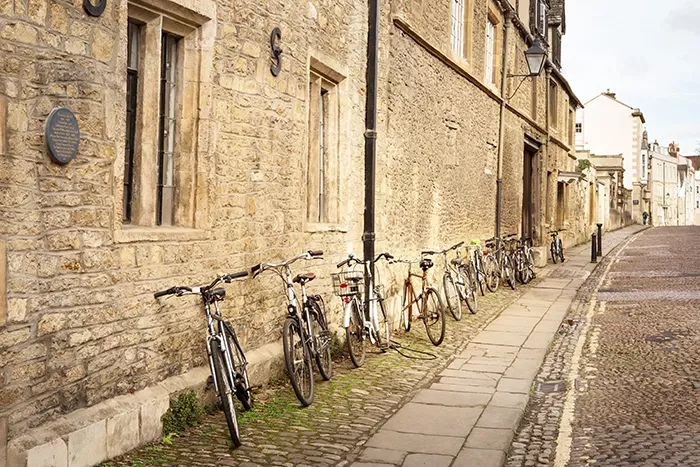
Why our roads flood so easily during wet weather – and what can be done to improve the network
Dr Linda Speight, from Oxford's School of Geography and the Environment, comments on how UK infrastructure could be adapted to better withstand heavy rainfall and flooding events.
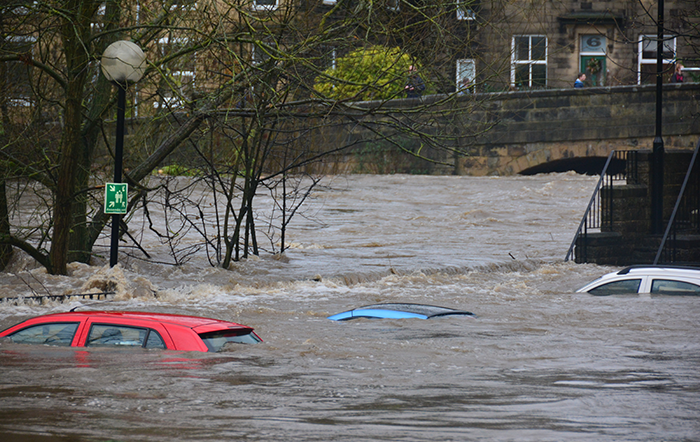
New report spotlights urgent issues faced by mobile indigenous populations
A new report developed with SoGE researchers, Dr Ariell Ahearn and Elizabeth Hempstead, in collaboration with the UN, addresses urgent challenges faced by Mobile Indigenous Peoples. It focuses on legal recognition, land rights, and mobility, responding to demands from the Dana+20 Manifesto.
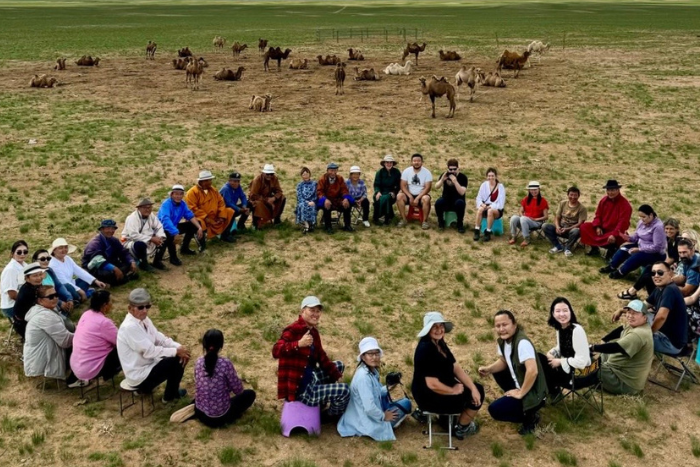
Oxford researchers record wettest month in 250 years
Oxford University researchers have recorded the wettest month in Oxford in 250 years at the School's Radcliffe Meteorological Station. Data from the station this week confirmed that September 2024 saw an extraordinary 193.3 mm of rainfall, making it Oxford’s wettest month since 1774 and the second wettest of any month since rainfall records began in 1767.
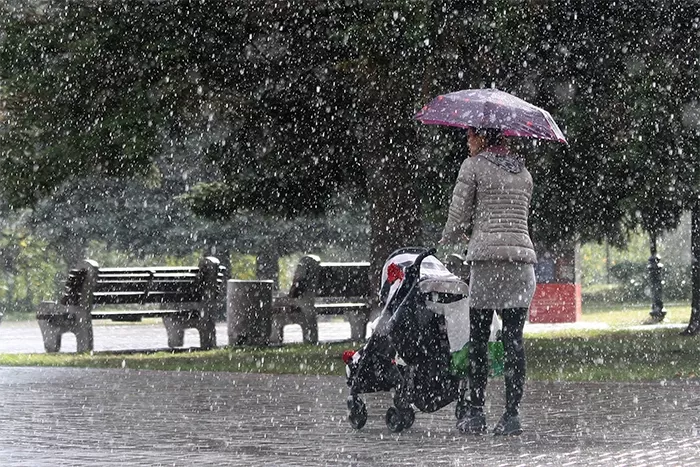
Gregory M Thaler Awarded International Science Prize by HGBS for Book ‘Saving a Rainforest and Losing the World’
The Hans Günter Brauch Foundation for Peace and Ecology in the Anthropocene (HGBS) has announced that Associate Professor Gregory M. Thaler, who recently joined the School of Geography and the Environment at Oxford, is one of the recipients of its prestigious International Science Prize.
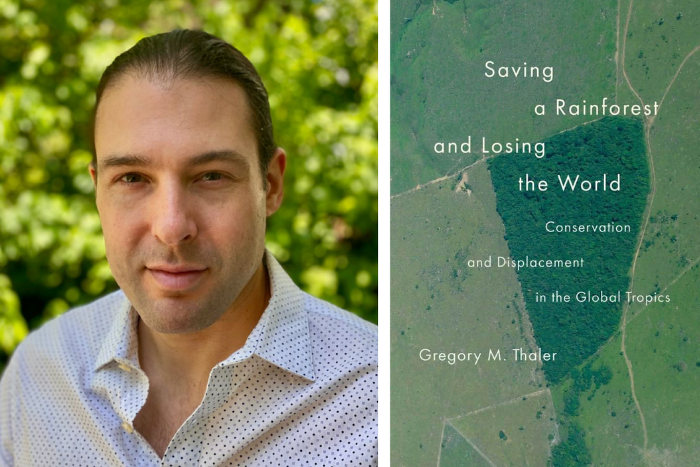
Over 40% of major companies, cities and regions lack emission reduction targets, shows new report
As the climate crisis accelerates, the Net Zero Stocktake 2024 identifies a commitment gap across cities, states and regions, which is holding back the necessary economy-wide transition. The Net Zero Tracker’s annual assessment of the intent and integrity of global climate commitments, shows only a modest increase in net zero targets set by subnational governments (states and regions, and cities) in the past year.
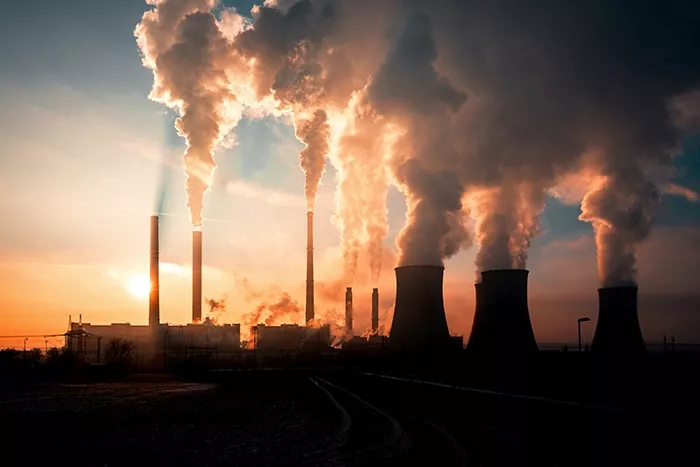
Experts predicted more hurricanes in the Caribbean this summer – where are the ‘missing’ storms?
In 2024, experts predicted an unusually active hurricane season due to warm seas, but by mid-September, only seven storms were named. Unprecedented Saharan rainfall and shifting African easterly waves reduced storm formation. Francesca Morris, Postdoctoral Researcher in Convective-Scale Modelling in the School of Geography and the Environment, explores the reasons behind this unexpected lull.
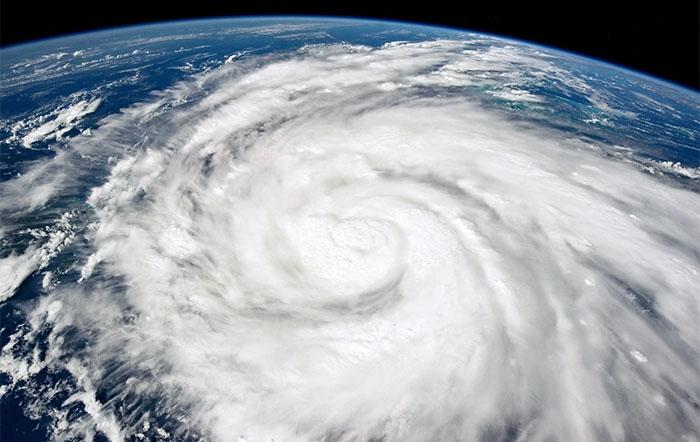
Serious play for serious researchers
On July 1st, the School of Geography and the Environment (SoGE) held a Lego Serious Play (LSP) workshop aimed at fostering collaboration among staff and students conducting research in Oxfordshire. Facilitated by games-based learning expert Sarah LeFevre, participants used LSP to explore research synergies, encourage creative thinking, and promote interdisciplinary collaboration. The workshop allowed researchers to step outside their routines, connect with others, and consider novel approaches. Feedback showed high satisfaction, with participants finding the workshop valuable for networking and expressing interest in applying the LSP methodology themselves.
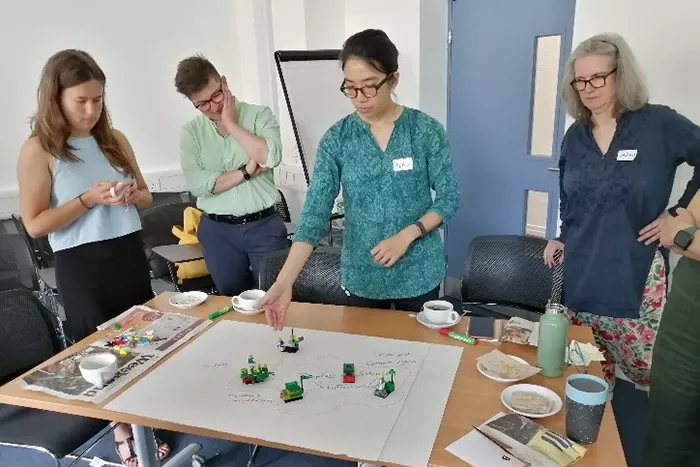
Getting shorter and going hungrier: how children in the UK live today
Children’s lives in the UK are changing. They are becoming shorter in height. More of them are going hungry than they were a few years ago. Recently, more have died each year than they did a few years ago. Increased poverty, more destitution and the effects of ongoing austerity are the clear culprits. Prof Danny Dorling explores why this has happened to our children in an article for The Conversation.
